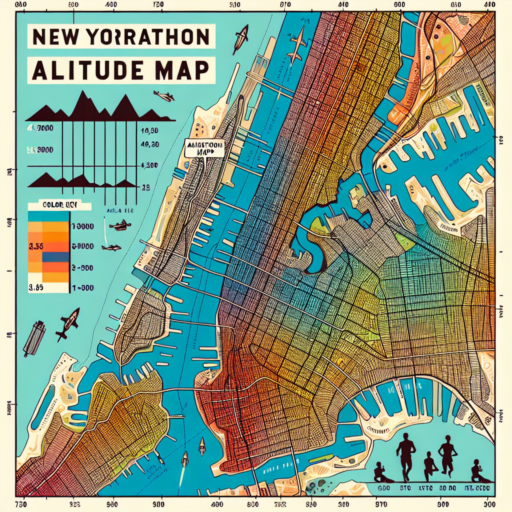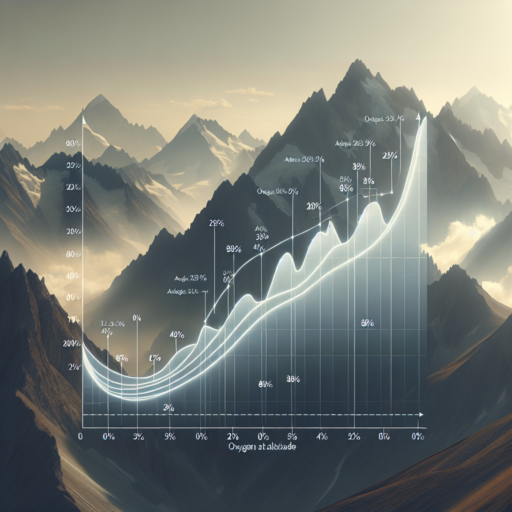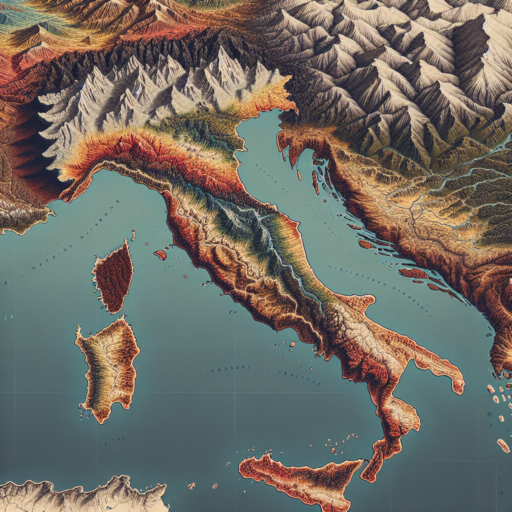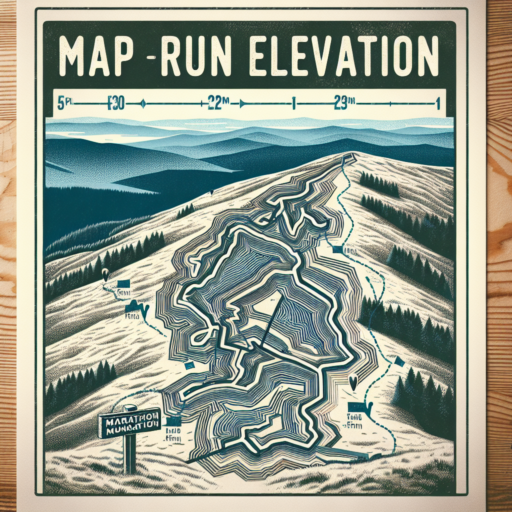What is elevation in marathon?
Elevation in a marathon refers to the total ascent or descent that a runner encounters throughout the course of the race. This metric is crucial because it significantly impacts a runner’s performance, strategies, and the overall difficulty of the marathon. Knowing the elevation profile of a marathon can help runners prepare adequately, particularly in their training and race day pacing.
Marathons with high elevation gains are often considered more challenging than those with flat courses. The added strain of climbing hills or mountains requires not only greater physical endurance but also mental toughness. Runners must adjust their pace to conserve energy over these elevated terrains, which makes understanding the course’s elevation profile essential for effective race planning.
Furthermore, elevation can also affect the atmospheric conditions experienced during the race. Higher altitudes may have thinner air, which can impact a runner’s breathing and oxygen intake. This adds another layer of complexity to marathons with significant elevation changes, highlighting the importance of acclimatization in a runner’s preparation.
Are there hills in the NYC Marathon?
The question of whether there are hills in the New York City Marathon is a common one among runners preparing for this iconic race. The simple answer is yes, but it’s not just about the presence of hills; it’s about where they are located and how they shape the experience of this 26.2-mile journey.
One of the most notable hilly sections occurs as runners cross the Verrazzano-Narrows Bridge in the first couple of miles. As the starting point of the marathon, this bridge presents a significant incline, setting an early challenge for participants. However, the energy and excitement at the beginning of the race can help propel runners over this initial hump.
Another area of interest is the series of rolling hills within Central Park during the last few miles of the race. After miles of running, athletes are tested with these undulations as they push towards the finish line. These hills, although not extremely steep, can feel more challenging due to their placement towards the end of the marathon.
How many hours does the NYC Marathon take?
The duration of the NYC Marathon is a topic of interest for many runners and enthusiasts looking to understand the challenge ahead. On average, a marathon, which spans approximately 26.2 miles (42.195 kilometers), takes a significant amount of time to complete. Specifically, for the NYC Marathon, the average finish time can vary depending on a range of factors.
Factors Influencing Marathon Time
Athlete’s skill level, weather conditions on the day, and even crowd support can dramatically affect individual completion times. For elite runners, the NYC Marathon can be completed in a span just over 2 hours. However, amateur runners or those participating for charity and fun may find themselves on the course for upwards of 4 to 6 hours.
It’s relevant to note that age and training also play crucial roles in determining one’s finish time. Throughout the years, the NYC Marathon has seen a wide spectrum of finishing times, illustrating the diverse abilities of its participants. Therefore, while aiming for a specific goal time, considering these factors is essential to set realistic expectations.
How many miles are in the NYC Marathon?
The New York City Marathon, a premier event that captivates runners and spectators alike, spans a challenging yet exhilarating 26.2 miles. This iconic race, which winds its way through the diverse boroughs of New York City, is a testament to endurance and the human spirit. From professional athletes to first-time marathon runners, participants embark on a journey that takes them through vibrant neighborhoods, across majestic bridges, and past famous landmarks, all culminating in a memorable finish in Central Park.
Embarking on the 26.2-mile journey requires not only physical preparation but also mental fortitude. Runners experience the unique topography of NYC, including its gentle rises and the distinct challenges presented by each borough. The course layout is designed to both test and inspire, pushing participants to their limits while offering encouragement through the city’s enthusiastic spectators.
The significance of the distance in the NYC Marathon cannot be overstated. The 26.2-mile marathon distance is steeped in history, dating back to the modern Olympics’ inception, and represents a universal standard for endurance running. Within the context of the NYC Marathon, this distance embodies more than just a physical challenge; it symbolizes a personal achievement that resonates deeply with each runner’s journey. As participants cross the finish line, they share a common bond forged through miles of perseverance, dedication, and personal triumph.










